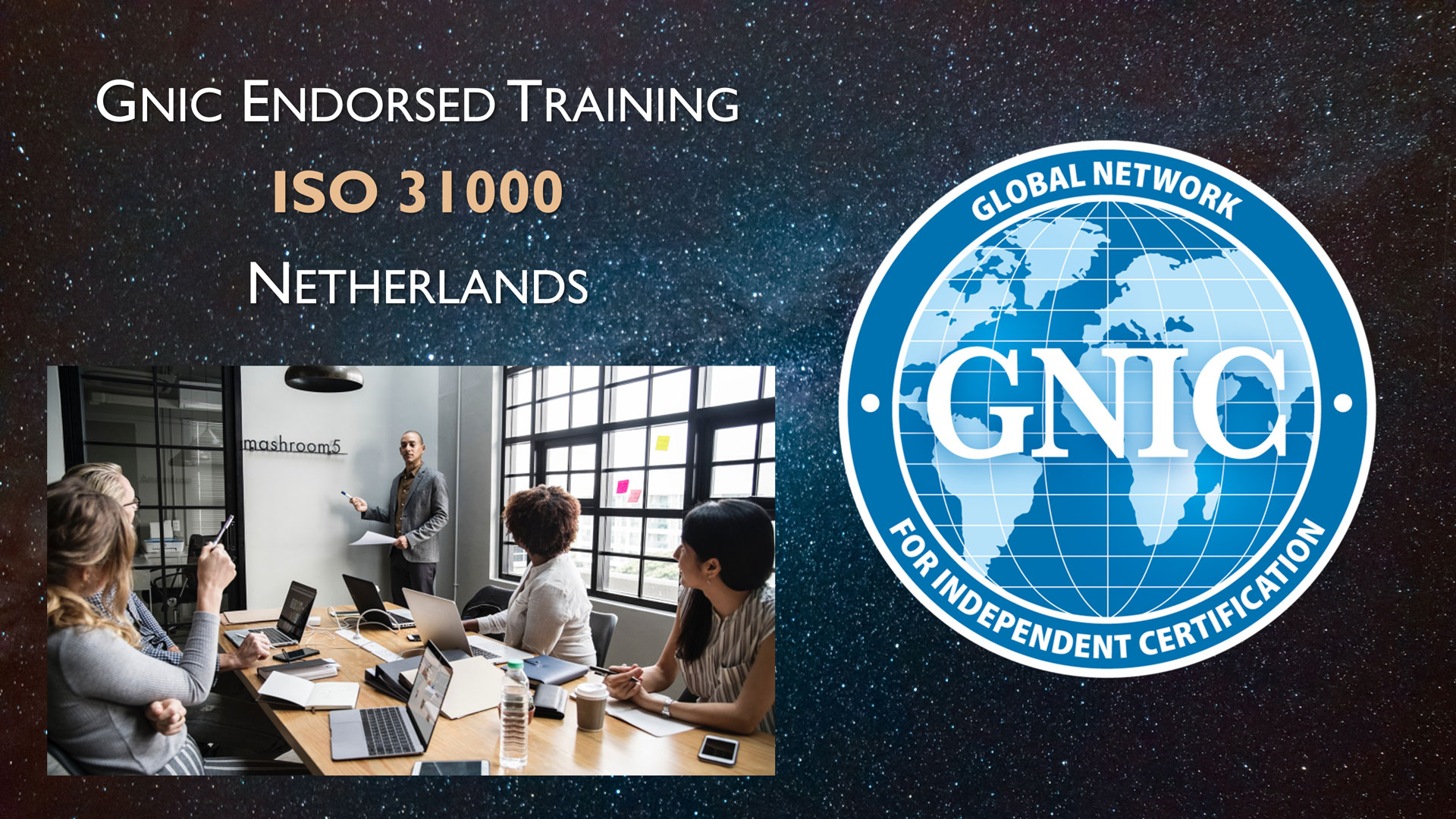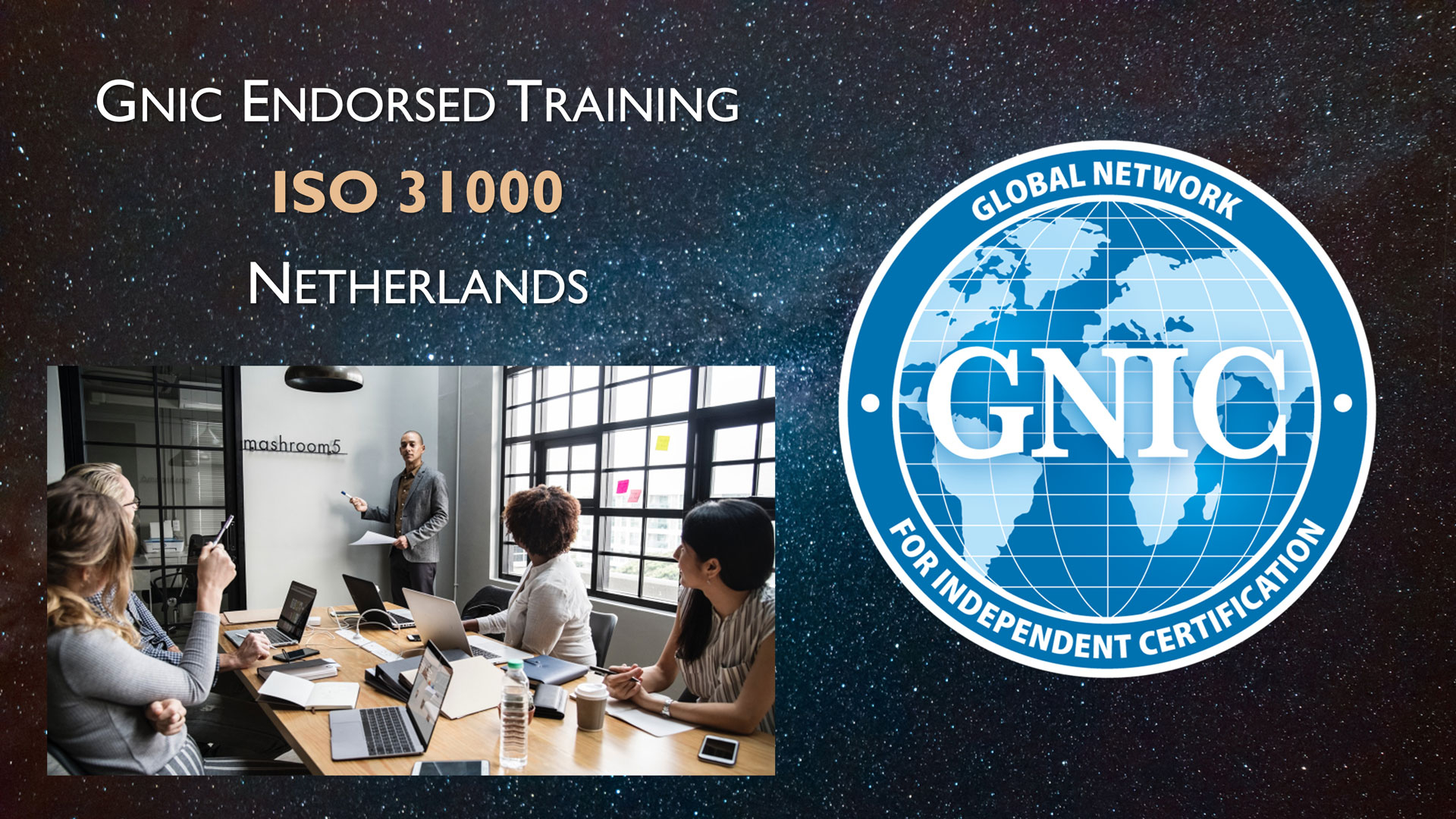Risk management is a priority for any organisation or business. It’s easy to see why: the better you manage risks, the higher your performance. You’re better equipped to deal with change and take informed decisions, gain the confidence of stakeholders and grow. Since its launch in 2009, helping organisations achieve those goals has been the objective of the ISO 31000 standard, which has been revised in 2018.
Updated in February 2018, the ISO 31000 standard has a major impact on organisations everywhere. It does not only provide best practices, structure and guidance for risk management professionals; it is also important for a wide range of other business roles. After all, risk management now is a key component of all management system standards that apply the High-Level Structure (HLS). As such, this standard benefits every manager.
Do you want to learn what this standard can bring to you and your organisation? Want to learn what’s new in the revamped ISO 31000 and how it can help you take risk management to the next level? Be sure to attend the NBN Risk Management Master Class (Foundations level). You can attend this class without any prior knowledge on risk management. To help you get the maximum out of the course, we’re organizing the ‘Professional Certified in Risk Management in accordance with ISO 31000 - Foundations Level’ exam on Day 3 of this Master Class.
All information can be found on the site of Marinus de Pooter.
Contact information - Marinus de Pooter:
- marinus@mdpmct.com
- +31 6 5206 2166
| Program type |
|---|


